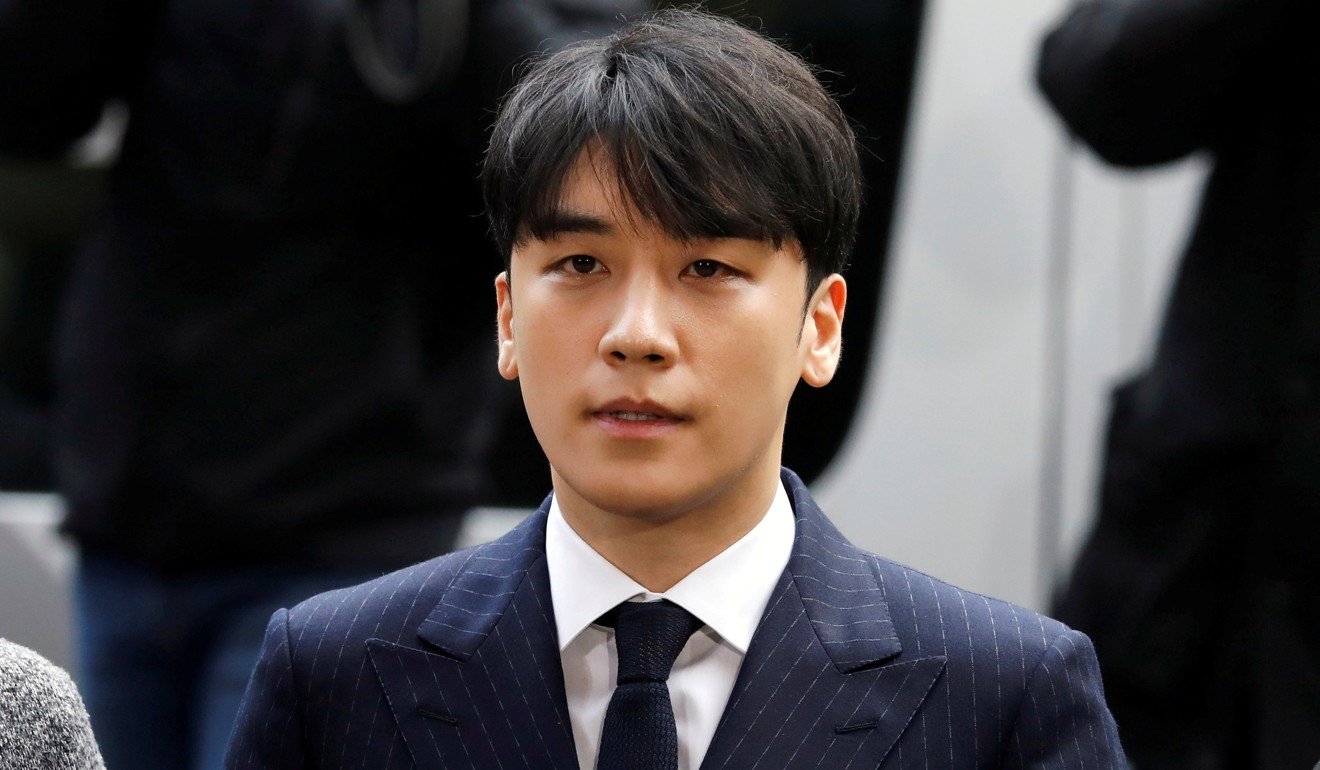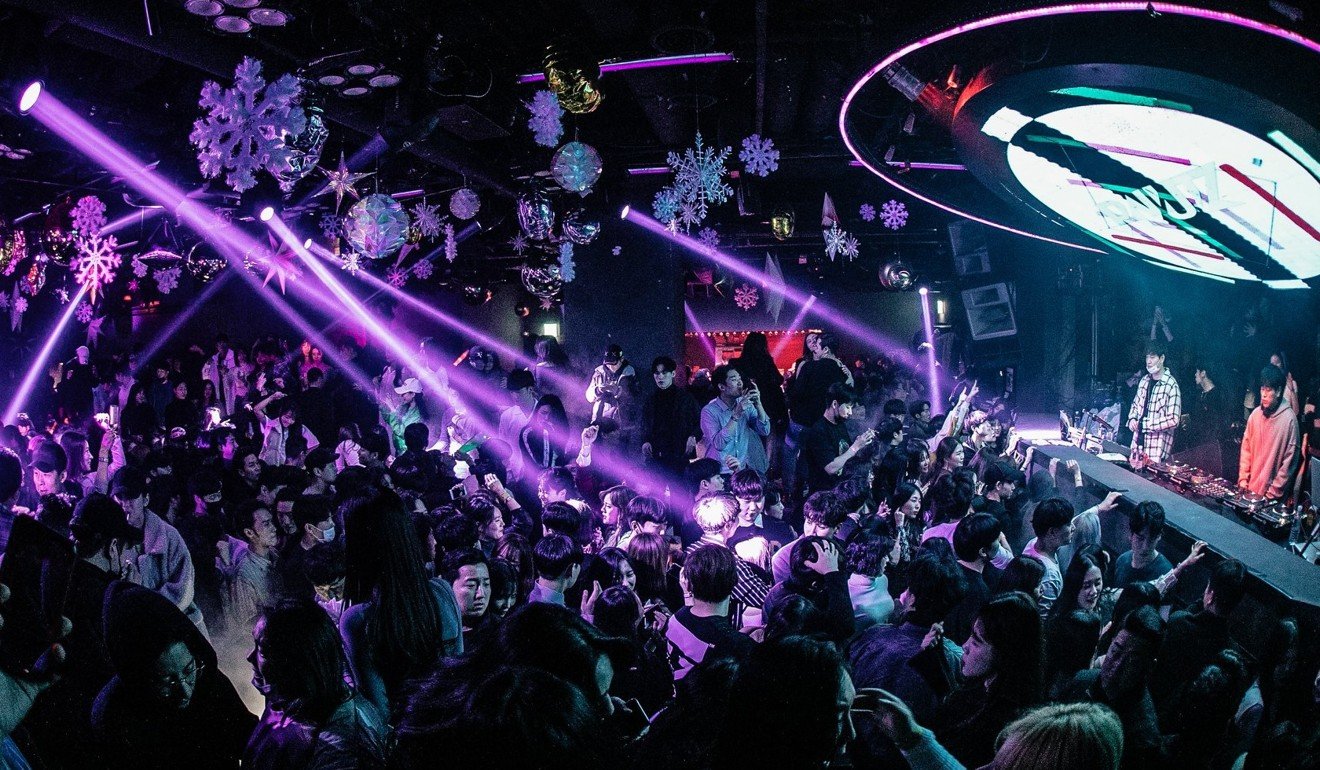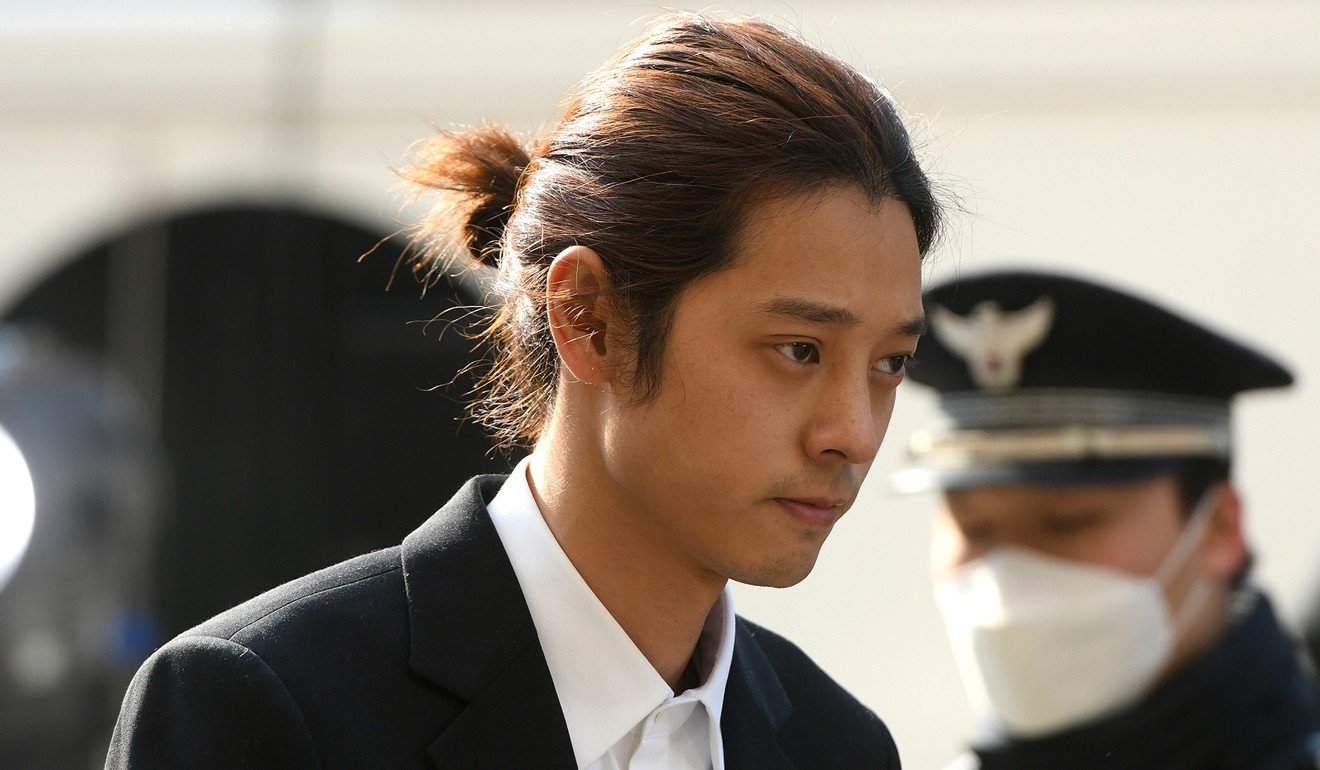K-pop sex scandal: Burning Sun nightclub linked to underage trafficking, violent abuse by VIP clients, further exposing mistreatment of South Korean women
- Burning Sun reportedly provided secret sites and services for its top clients, including men from powerful Korean families
- A police officer tasked with investigating Burning Sun was also alleged to have been in collusion with the establishment

The programme, broadcast on the MBC TV channel, reported that numerous women – including underage teenagers groomed for prostitution – were drugged by club employees, before being subjected to violent sexual assault that was so severe, a discreet clean-up crew nicknamed the “incinerators” were on call to remove blood and other incriminating evidence using forensic-grade chemicals.
A police officer tasked with investigating Burning Sun was also alleged to have been in collusion with the establishment.
Joo Won-kyu, a writer who spent months visiting Gangnam clubs while undercover, said drugging, sex trafficking, exploitation of underage women, and police collusion in such glitzy areas were commonplace.

“The Burning Sun investigation will be difficult. It implicates the children of the powerful, even police, prosecutors and tax officials. This country’s true nature is a history of crimes by the powerful,” wrote Twitter user Bozzangg.

Amid the outrage, many people in South Korea believe such offences are only the tip of the iceberg, said Mano Lee, a Seoul-based K-pop music critic and self-described feminist.
“I think people are horrified and disgusted by what’s happening in the K-pop industry now,” Lee said. “But many also insist that it shouldn’t be only entertainment industry that we are questioning, but something bigger than that – the rights of women in Korean society.”
With the unprecedented rise of South Korea’s own #MeToo movement, and as the sex abuse scandal continues to unravel, more women in recent years have been questioning the expectation to adhere to the social norms of being obedient wives and nurturing mothers.
In a 2014 survey conducted by the ministry of gender equality and family, 42.9 per cent of female respondents said if they had a choice, they would choose to be born male, citing issues such as child birth, and the lack of childcare and other support for women.
The nation’s patriarchal culture is among the reasons that is putting off a growing number of young women from dating, Lee said.
And in a country where statements such as “women must be beaten once every three days” are trivialised as offhand jokes, or as generational sayings, Lee said gender-based violence remains normalised.
According to statistics, domestic violence is a serious issue in South Korea. Last year, 279,082 cases were reported – a 74 per cent increase from the 160,272 cases seen in 2013. The dramatic rise in numbers in recent years has been linked with increased social awareness in the wake of a growing empowerment movement.
“The K-pop sex abuse scandal is just one example of how men generally perceive women,” said Gina Park, a sex educator and founder of Eve Condom, a contraceptive brand marketed towards women.
“It revealed a core problem of how women as a gender are seen within our culture – that there’s a power difference within heterosexual relationships.
“Maybe this is why there’s so much violence within Korean dating culture. There’s no concept of sexual consent,” said Park, adding that women especially are not taught they can say “no” in mainstream Korean culture. “It’s sad but the K-pop scandal is going to act as a trigger for change.”
Mano Lee hopes K-pop fans, known for their loyalty towards stars and financial support of the industry, will become part of this change.
“I’ve seen comments by foreign K-pop fans and some of them are actually aware of the issue regarding the exploitation of women, and have stopped being followers of the stars related to the incident – just like many Korean fans have,” said Lee. “I believe fan attitudes are changing.”
